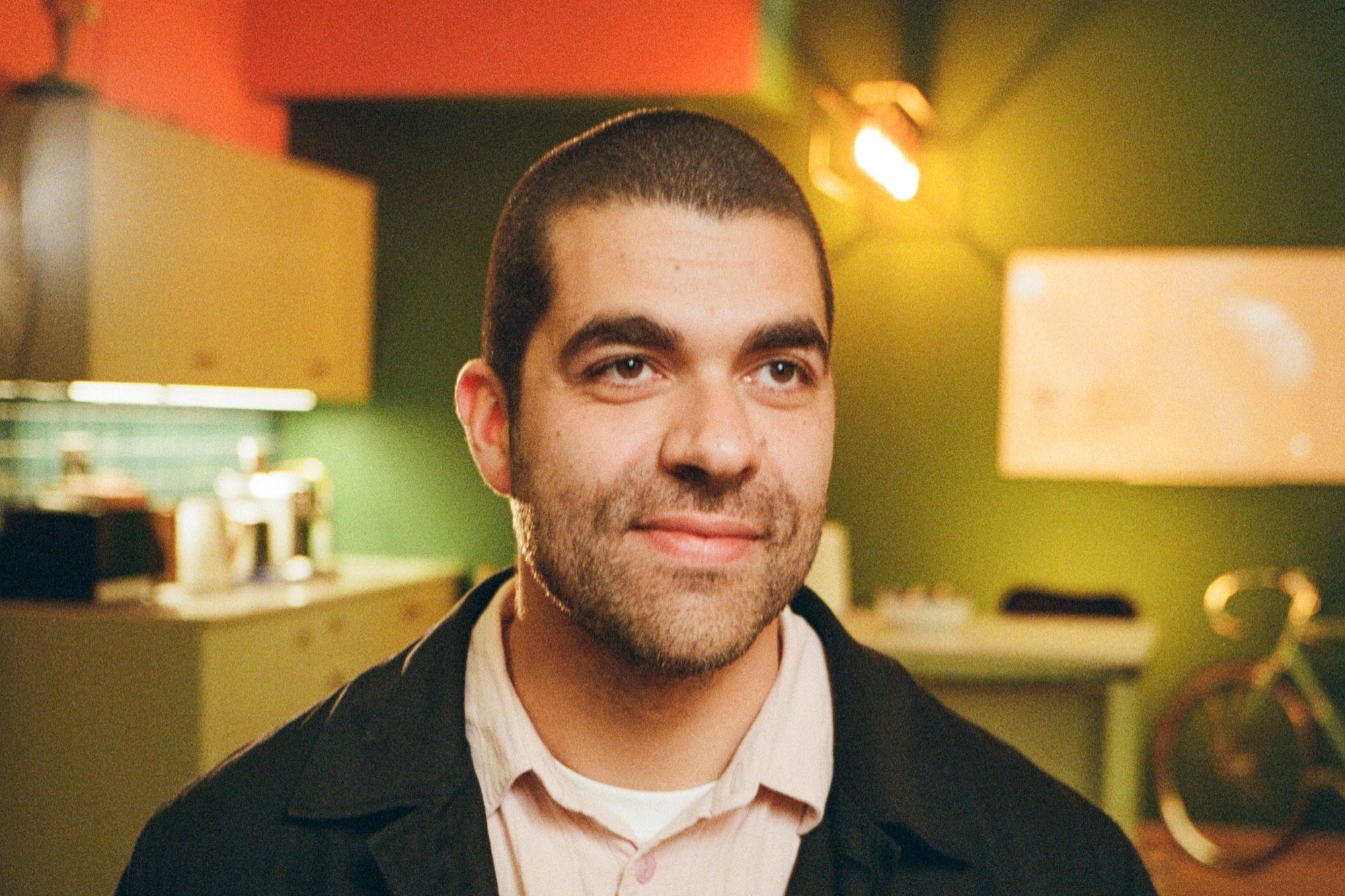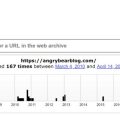This as-told-to story is based on an interview with Sabba Keynejad, co-founder with Tim Mamedov of AI-powered video editing platform Veed. The piece has been edited for length and clarity.
In 2013, my flatmate at the time, Virgil, and I were obsessed with Breaking Bad. About mid-October, the season finale was coming, and we’d finally work out what happened to Jesse Pinkman and Walter White. We loved it. It was our favorite thing to watch and do as a flat when I was at university.
I was sitting in my bedroom one Friday evening, and we were both at art school, and Virgil had a gas mask for spray painting, and he comes into my room and he goes, “BREAKING BAD!” And I went, “Oh my god, we can sell it!” He’s like, “What?” and I was like, “We can sell it! We can sell it as Halloween costumes!” And that’s how it started. It was that simple.
“This was not my first experience as an entrepreneur.”
This was not my first experience as an entrepreneur. I previously had another business when I was 17, selling American-style red cups in the UK, which surprisingly was a very underlooked business, it turns out. After that, I went on to beer pong kits. But selling the Halloween costumes was just more of a bit of fun; it was like a little side project.
Later that evening, around 11 p.m., my flatmate and I set up a page on eBay to sell this Halloween costume. We sourced the materials: blue gloves, DuPont chemical-grade suits and gas masks. We didn’t order anything but made sure everything was available for next-day delivery. We put the Halloween costume listing up on eBay with a five-day lead time to give us enough time to order everything we needed. If we made a sale, we could package it up and send it off.
“We’re like, ‘Hang on a minute, we’re onto something.'”
We Photoshopped everything together, and by the morning, we had our first two sales, so we were like, “Cool.” We sold it, and it was awesome. That day, we got another four orders, and we’re like, “Hang on a minute, we’re onto something.”
Funnily enough, we actually got competition, and the way that we dealt with the competition was by messaging them Breaking Bad quotes. They were joining along with the fun; it was all quite lighthearted. But with the competition, we also thought, How can we add more value here? So we made this fake meth, which was basically just sugar and blue food coloring, and would cut it up and put it into a bag.
We also considered expanding to other platforms like Etsy, but Etsy didn’t want us to sell on there because it wasn’t properly customized, so it was just a lot of trying to work out how to do all of this quickly.
The other challenge was that we had hundreds of orders. So, our flat became a stock room, and we got our flatmates to help us. It was a lot of fun.
One week later, we’d turned over $14,000 and made $3,500 each.
“I use those skills to inform the business that I’m running today.”
It reached the point where the UK ran out of chemical-grade hazmat suits, and that was how we had to stop it. Because these DuPont suits are for proper laboratory testing, there’s only so much need for them, and we obviously drove the demand up like crazy.
My flatmate Virgil is now a very successful commercial film director based out of Madrid. I run a technology startup called Veed, which is an AI-powered video editing platform. The company is backed by Sequoia Capital, which invested $35 million last year. The company’s at about 200 people strong. We have about 10 million monthly users, and those users create about three million videos every single month.
It’s quite cool that I learned about entrepreneurship at art school and used those skills to inform the business I’m running today.




